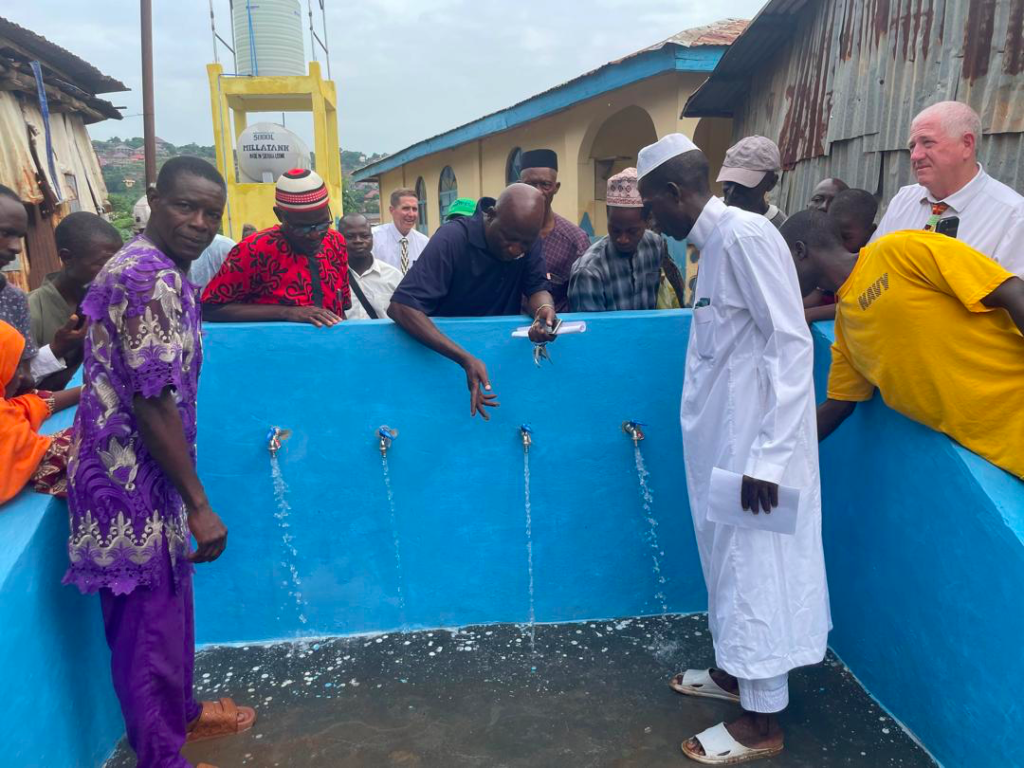Our Priorities
/Our priorities
IDHA’s work is focused on developing effective responses to development challenges and emergencies by sharing skills and providing technical knowledge. We enable individuals and institutions to build self-sufficiency by adapting and adopting ideas, knowledge and skills that help them fight the causes and consequences of poverty, inequality and vulnerability.

Institutional Capacity Building & Training
IDHA supports individuals, institutions, NGOs and corporations to develop lasting solutions to the challenges they face. We facilitate exchange of knowledge and skills that make institutions more effective in delivering for citizens. We do this through training courses, customized programmes and consultancy services.
Our work helps institutions develop and maintain high standards of transparency and value for money by improving financial management, increasing revenue and reforming public procurement. In Sierra Leone, IDHA has been involved in training and capacity building initiatives focused on revenue mobilization for local councils, supporting financial inclusion, facilitating institutional assessments and strengthening institutional administrative and management systems, as well as supporting organizations in strategic planning, among others.
Program design, delivery and evaluation
IDHA collaborates with partners to design and deliver practical and innovative development solutions. We draw from our experience and knowledge of our core experts in development and humanitarian assistance to support people and organizations to develop strategies that hasten self-sufficiency and prosperity. We have wider knowledge and experience of designing and delivering complex programs in normal, emergency, and recovery settings.


Research and Strategy Development
At IDHA, we research on social issues and economics that affect development at micro and macro level. Our current research interests include the role of political and social institutions in shaping human capital, gender-violence, crime; the measurement of poverty; household dynamics and individuals’ outcomes; the relationship between health and economic development; linkages between income, income inequality and health status; the impact of AIDS and similar pandemics on individuals and households in sub-Saharan Africa; and schooling, school quality and returns to education. We use the knowledge generated to inform and shape development interventions to ensure better results.

Copyright © 2026 IDHA | Powered by Kim Digitary
